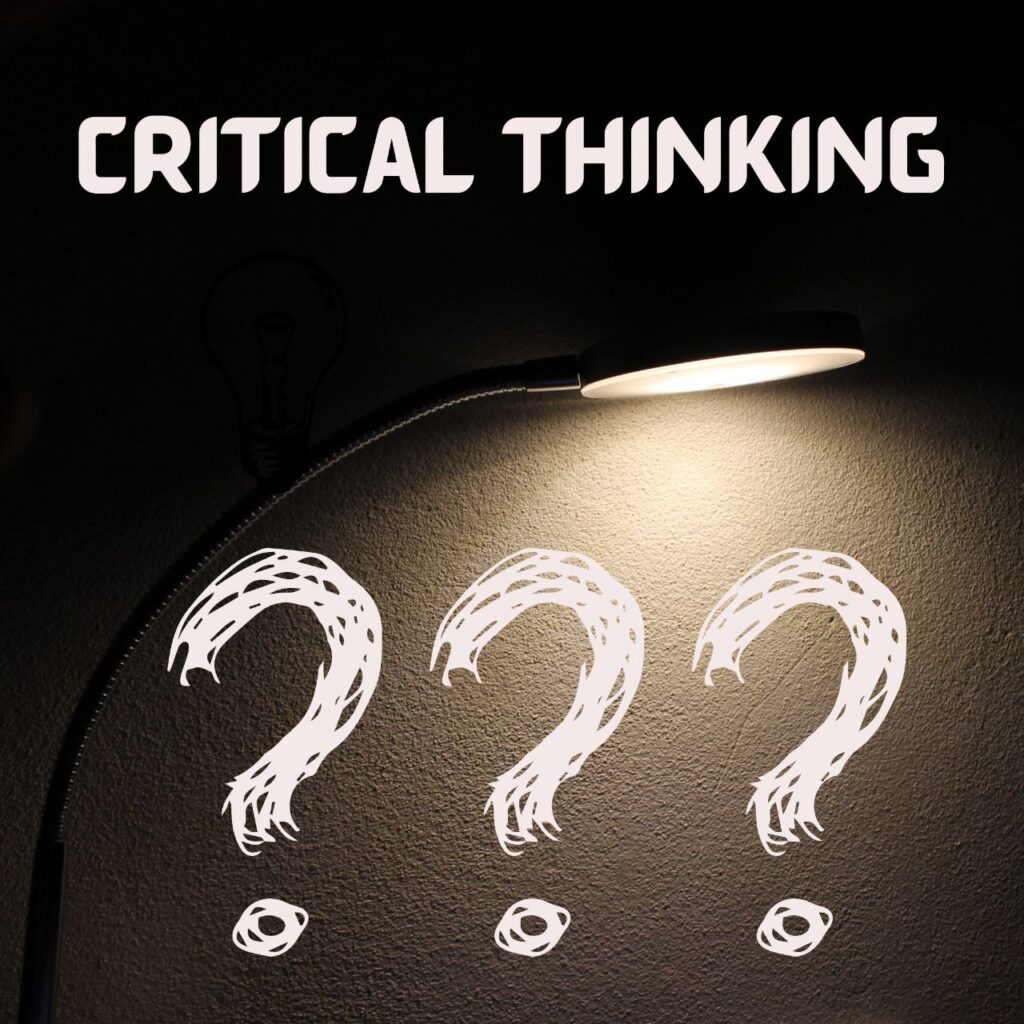
Critical thinking is essential in any field of endeavor, from science to arts, to journalism, to business, and others. These skills can help a child analyze data, identify flaws in arguments, and come to an understanding of complex systems and solutions.
From a gifted child’s perspective, in critical thinking, there must be a reason for the thinking, there must be something the child is aiming to achieve. Critical thinking can be taught, learned, and developed in a child.
Critical thinking is important for a child’s developing a better understanding of the world that revolves around him. By examining the assumptions underlying beliefs, a child can better understand how people think, why they think that way, what they believe, and why they believe and act the way they do.
From a gifted child’s perspective, we will look at critical thinking, its benefits to a gifted child, the characteristics of critical thinkers, critical thinking development in a child, and its techniques.
Critical thinking
What is “critical thinking”? from the gifted child’s perspective?
Critical thinking is the process of analyzing information and forming conclusions based on evidence. It can help a child understand the situation and enable them to make better decisions.
It is also the ability to think critically, which means using reasoning and evidence to examine a situation and come to a reasoned conclusion.
Critical thinking can help a child make objective decisions. It enables problem-solving by examining and analyzing information and coming up with a logical conclusion.
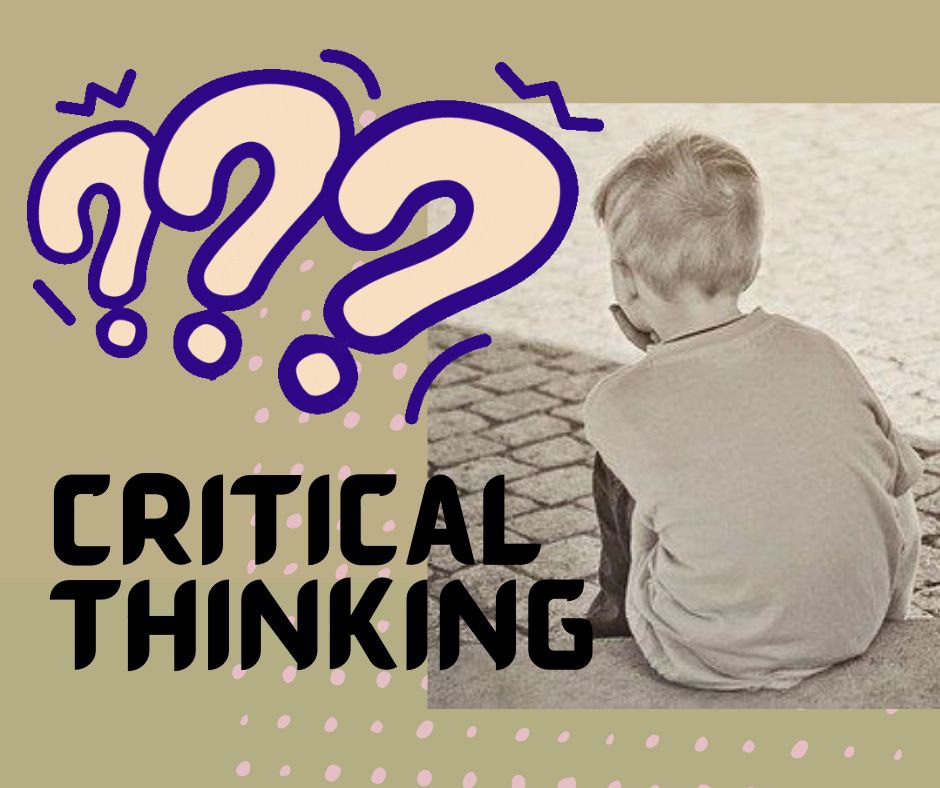
Benefits of critical thinking in a gifted child
This can enable a child to make excellent, informed decisions, and below are the itemized benefits:
1. Critical thinking makes a child view information analytically and objectively.
2. A child is exposed to many choices when he can use critical thinking.
3. It helps children avoid common mistakes while making their personal choices.
4. High self-esteem can be built when a child thinks critically.
5. It assists children in generating solutions to problems.
6. Creating various information-evaluation strategies
7. Recognizing when information is unreliable.
8. Logical argument analysis and evaluation
9. And lastly: It helps a child come up with valid conclusions.
Characteristics of a critical thinker
A critical thinker may be a child or other individual who is able to wander critically and analytically.
They are able to think outside the box and come up with new ideas.
They are also able to think critically about their own beliefs and values.
Critical thinkers are also able to think objectively and be unbiased.
Observation. Observation is the fasted means of learning for children. Critical thinkers are good observers
Curiosity: Children that are curious are always very inquisitive, open to learning, and constantly seeking information because they want to know more.
Objectivity: they are very objective when pursuing a particular task. They think before acting.
Analytical thinking: they display investigative and analysis traits while thinking
Identifying biases: Another characteristic is that critical thinkers are very sensitive.
Determining relevance: paying attention to information for relevance-generation purposes is another characteristic of critical-thinking kids. They have the wiliness to change the status quo: they have the “I can spirit.”
Open-minded and compassionate: They are open to new ideas and perspectives, feeling the pains of humanity and going the extra mile to generate a solution through critical thinking.
Effective communication: A child who thinks critically knows how to communicate effectively. He knows how to express himself among like minds
Active listeners: Critical thinkers are good listeners especially when they are searching for important information.
Risk-takers: They are risk-takers. They can go out of their comfort zone to generate solutions to any challenge that is facing them or anybody around them
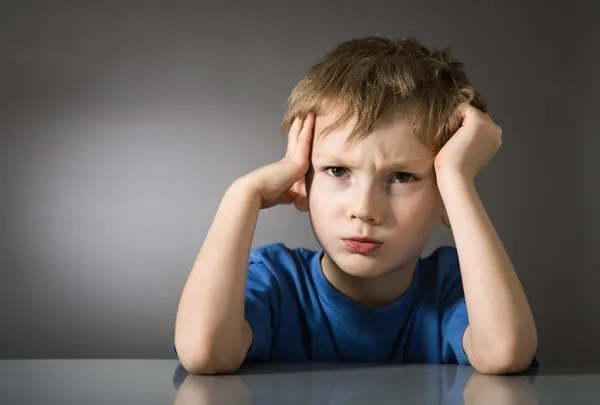
Critical thinking development in a gifted child
Critical thinking is the ability to think clearly and rationally as a child without letting emotions or personal biases get in the way. It’s a crucial skill for gifted children, who are often able to see things from multiple perspectives and need to be able to think about the different options before making a decision.
There are a few key things you can do to help a gifted child develop their critical thinking ability:
Encourage them to ask questions. Gifted children are often naturally curious, so encourage them to ask questions about the world around them. What do they think about this or that? Why do they think that? Asking questions will help them gather the information needed to examine their own beliefs and ideas and figure out why they hold those beliefs.
Teach them how to find reliable sources of information. In today’s world of fake news and alternative facts, it’s more important than ever for children to learn how to find reliable sources of information. Help your child learn how to spot fake news, and teach them where they can go to find trustworthy sources on the internet and in print.
Help them learn how to argue both sides of an issue. It’s important for a gifted child because there are usually two (or more) sides to every issue. When presented with a problem or question, help them brainstorm arguments for both sides. This will help them develop the critical thinking ability needed to see all sides of an issue and make an informed decision perspectively.
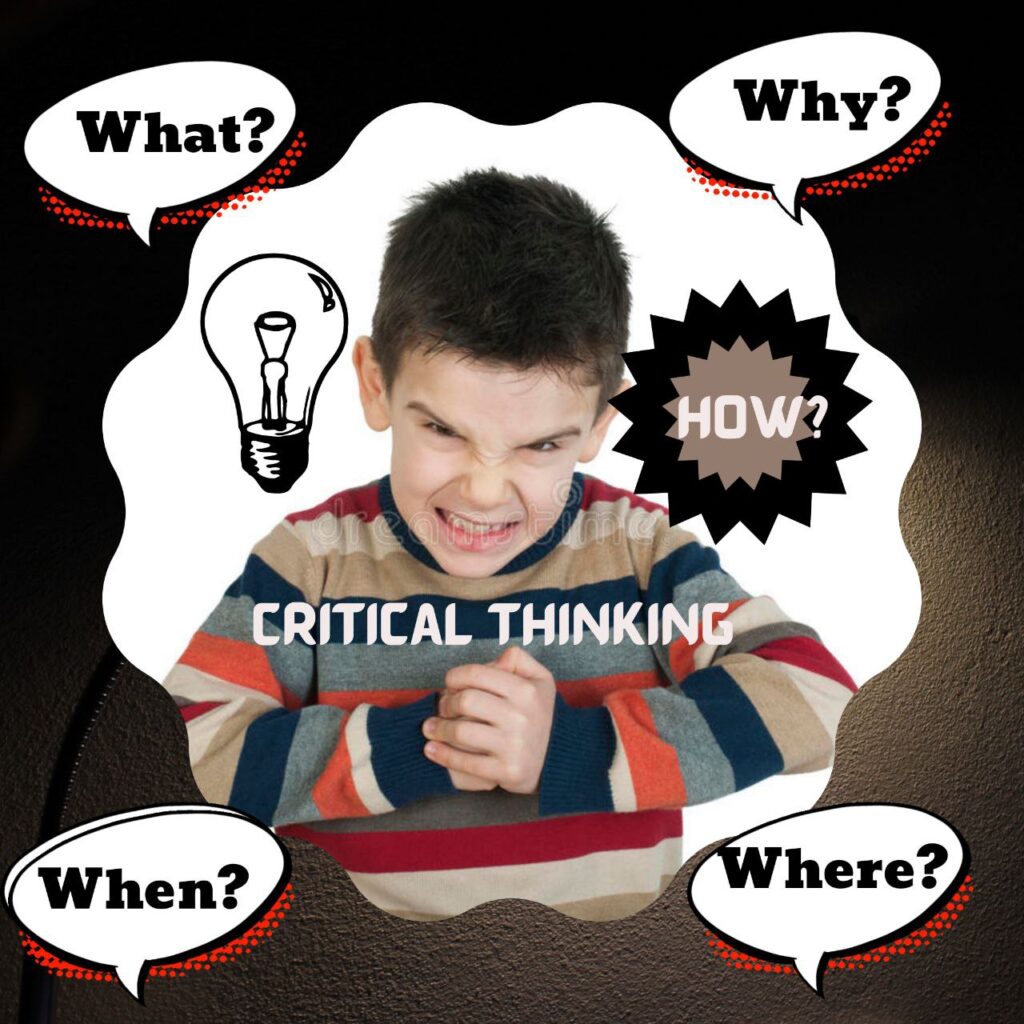
Critical thinking techniques for children
Critical thinking techniques can help a child arrive at sound conclusions in his academic work. Here are a few ideas to get him started:
1. Interrogate him. When he is trying to come up with a conclusion, ask him questions that will help him develop a rationale for his position. For example, ask him which evidence supports his position, why that evidence is essential, and whether he could find alternate explanations for the evidence.
2. Flexibility. When a child is trying to come up with a conclusion, let him be willing to consider alternate explanations for the evidence. For example, if he is trying to decide whether something is right, He should not automatically assume that the thing is right. Instead, he should consider all of the possible explanations and a conclusion for the evidence.
3. He should use his critical thinking skills to creatively evaluate his claims. When, where, what, how, and how should be used objectively.
There are many more different techniques in critical thinking.
Critical thinking techniques from a gifted child’s perspective are ways to help a child think more critically. Teach the children how to:
1. Brainstorm: Show your child how to brainstorm in order to generate as many ideas as possible. How to brainstorm with his peers or friends in order to gather more information.
2. Posing inquiries This is a very good technique in critical thinking. The child should learn to ask questions about why things are the way they are, what other possibilities could be established, and how they could test-run those possibilities.
3. Take notes: Show the child how to make a list of his thoughts on the problem as well as any ideas he has. This will help him remember the information and think about it later.
4. Analyzing data: Teach a child how he should think about information critically and process the data to know how it supports or disproves his hypotheses.
5. Draw conclusions: Lastly, he should objectively think about what he has learned, and what he thinks the implications are. and what he thinks he should do finally.
Critical thinking is essential for both the personal and professional success of a child.
Please read parenting a gifted child here
Conclusion:
Critical thinkers are those who are able to think critically and objectively. They take in information and then form an opinion based on what they have learned. Critical thinkers are able to think outside the box and are not afraid to challenge conventional wisdom. They are also able to think on their feet and are not afraid to change their minds when they encounter new information.
Critical thinking from a child’s perspective is relevant to achievements in every area of life. It can be applied to both personal, social, and professional life. Critical thinking aids creative development in a child, positioning the child as a problem solver.
Conclusively, Starting today, encourage your child to start developing critical thinking immediately. He should start by applying the above-mentioned techniques. Practice makes perfect.
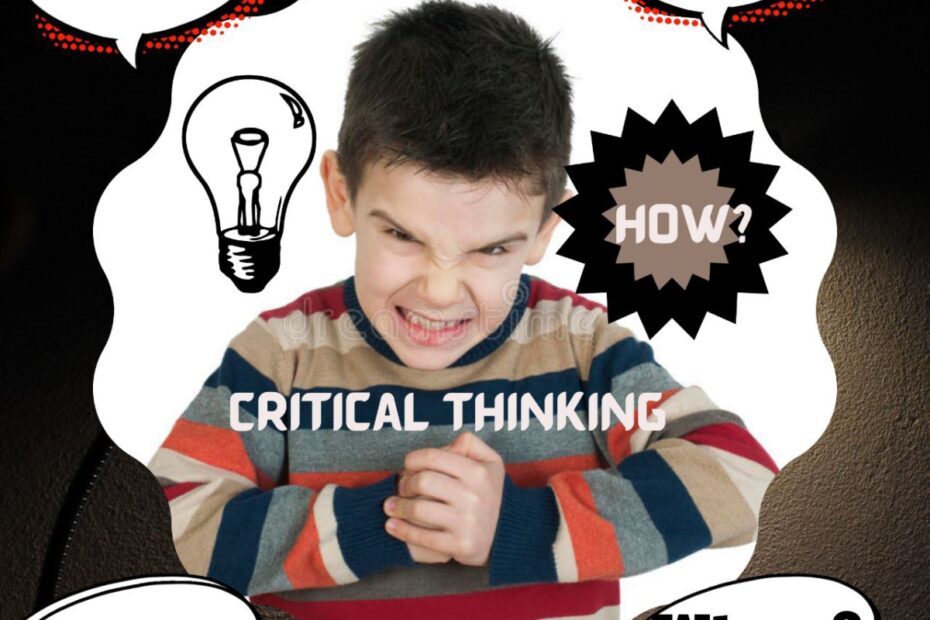
Pingback: The Need For High Self-esteem In A Gifted Child - PARENTING
Pingback: Mental Health Challenge In A Gifted Child - PARENTING
Pingback: Social And Emotional Issues In A Gifted Child: The Ultimate - PARENTING